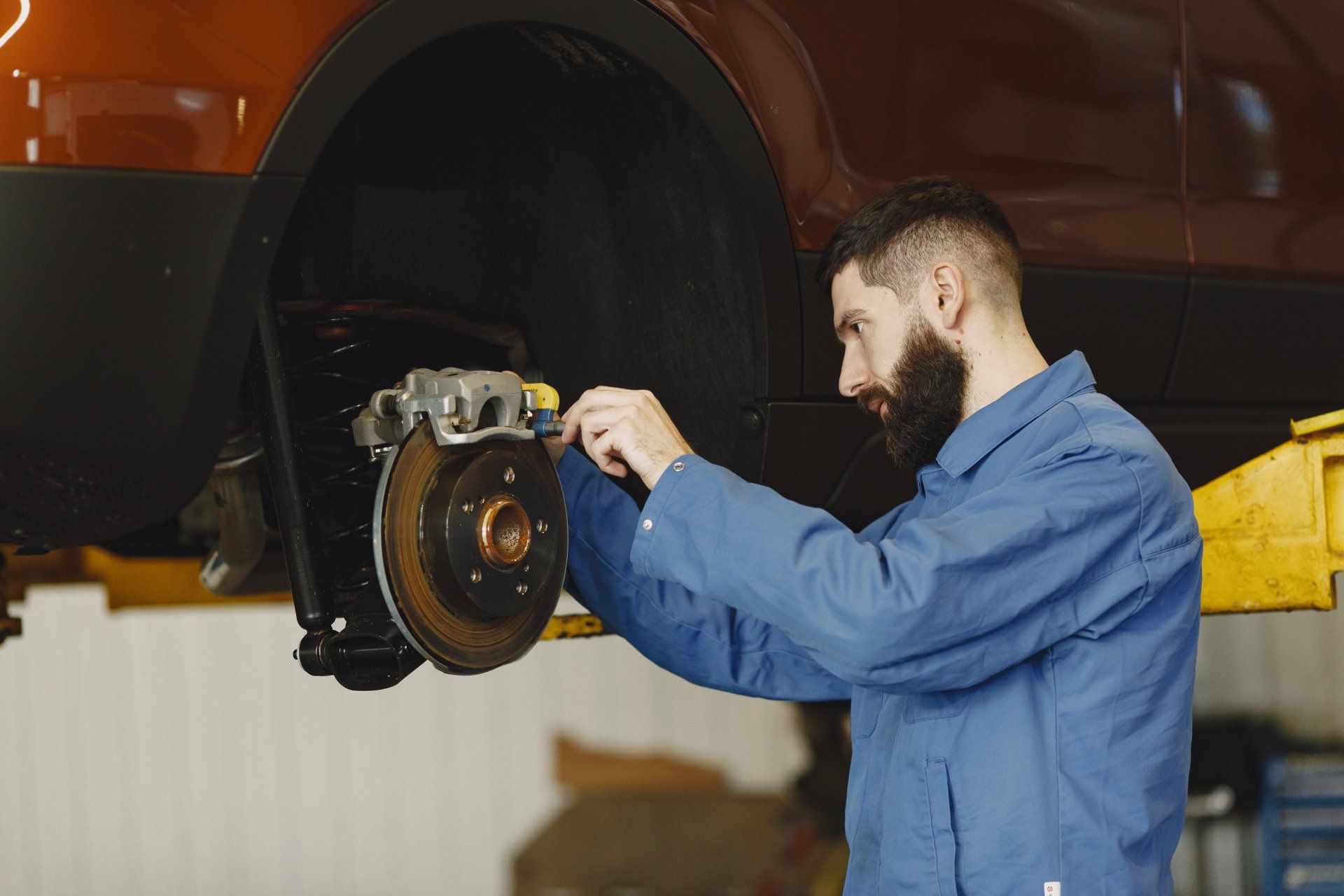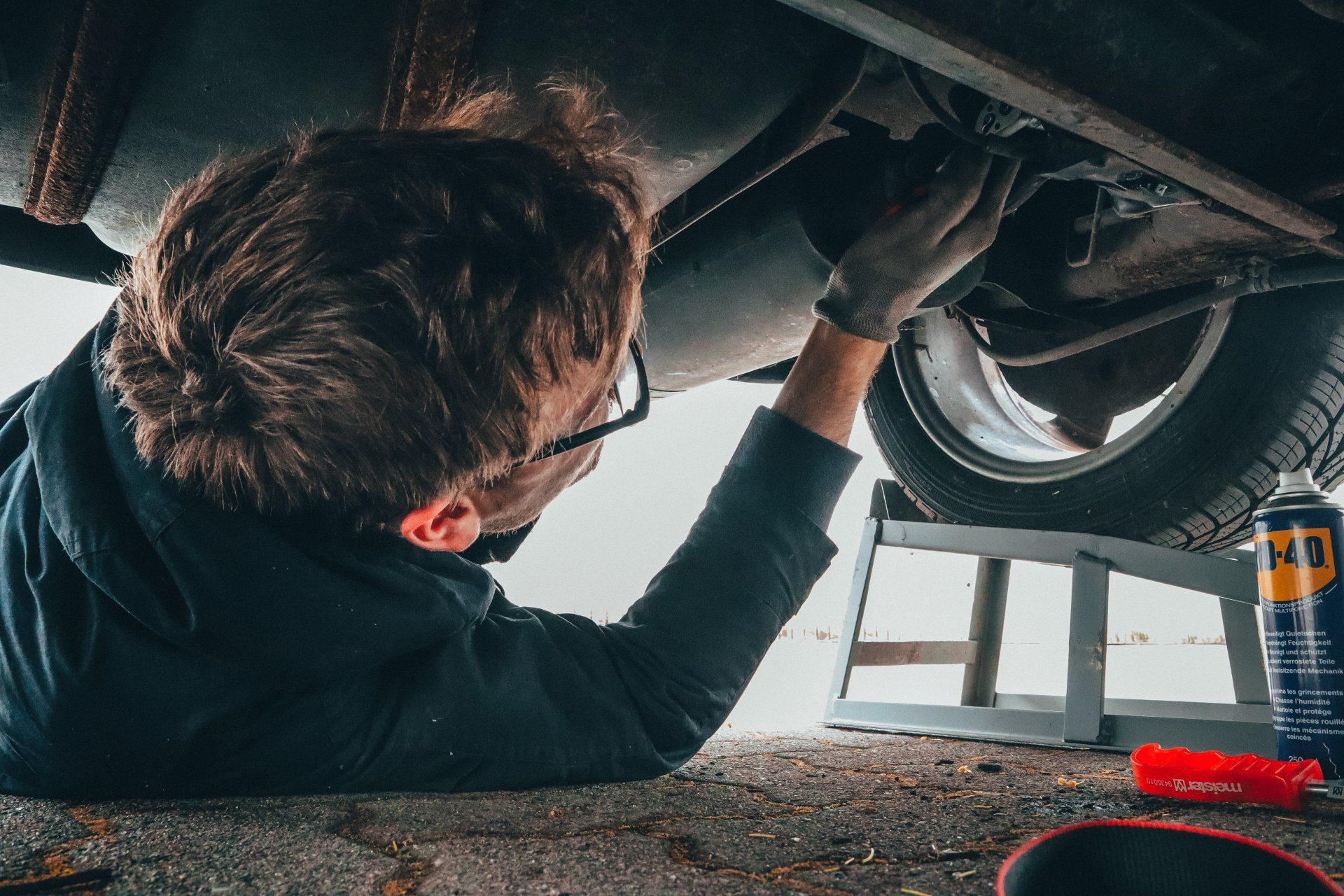Why It's Important to Rotate Your Tires
As a responsible car owner, it's important to take care of your vehicle to ensure its longevity and optimal performance. One crucial aspect of car maintenance is tire rotation. In this article, we'll discuss the importance of tire rotation, when to do it, and how it can benefit your car in the long run.
Why Tire Rotation is Important?
Tire rotation is the process of moving your tires from one position to another on your car. The reason why it's important to rotate your tires is that the tires wear unevenly due to various factors, such as driving habits, road conditions, and wheel alignment. Uneven tire wear can lead to several problems, such as reduced traction, decreased fuel efficiency, and increased risk of a blowout.
When to Rotate Your Tires?
The frequency of tire rotation depends on several factors, such as the type of car, driving conditions, and tire manufacturer's recommendations. As a general rule of thumb, it's recommended to rotate your tires every 6,000 to 8,000 miles. However, it's best to consult your car's owner manual or a professional mechanic for specific recommendations based on your driving habits and car model.
How Does Tire Rotation Benefit Your Car?
- Improved Traction: Rotating your tires regularly ensures that they wear evenly, which helps maintain optimal traction and stability on the road.
- Increased Lifespan: Uneven tire wear can cause premature tire failure, resulting in the need for early replacement. Regular tire rotation can help extend the life of your tires, saving you money in the long run.
- Improved Fuel Efficiency: Uneven tire wear can also decrease fuel efficiency, as the car's engine has to work harder to overcome the uneven tire surface. Regular tire rotation can help maintain optimal fuel efficiency, reducing your fuel costs.
- Better Handling: Rotating your tires helps maintain a balanced ride, improving handling and stability while driving.
- Safer Driving: Uneven tire wear can increase the risk of a blowout, which can be dangerous and potentially fatal. Regular tire rotation can help reduce this risk, keeping you and your passengers safe on the road.
Tire rotation is a critical aspect of car maintenance that can benefit your car in several ways, such as improved traction, increased lifespan, better fuel efficiency, and safer driving. By following the recommended tire rotation frequency and consulting one of our professional mechanics, you can ensure your car's optimal performance and longevity.
FAQs:
- How much does tire rotation cost?
Tire rotation costs vary depending on your car model and the service provider. Generally, tire rotation costs range from $20 to $50.
- Can I rotate my tires myself?
While it's possible to rotate your tires yourself, it's recommended to have a professional mechanic do it for you. A mechanic can also inspect your tires for any signs of wear or damage.
- What happens if I don't rotate my tires?
If you don't rotate your tires, they will wear unevenly, which can cause several problems, such as reduced traction, decreased fuel efficiency, and increased risk of a blowout.
- How often should I check my tire pressure?
It's recommended to check your tire pressure at least once a month or before a long trip. You can check your tire pressure using a tire pressure gauge, which you can purchase at any auto parts store.
- How long do tires last?
The lifespan of tires depends on several factors, such as the type of tire, driving conditions, and maintenance. Generally, tires last for around 50,000 to 60,000 miles, but it's best to consult your tire manufacturer's recommendations and a professional mechanic for specific guidance.











